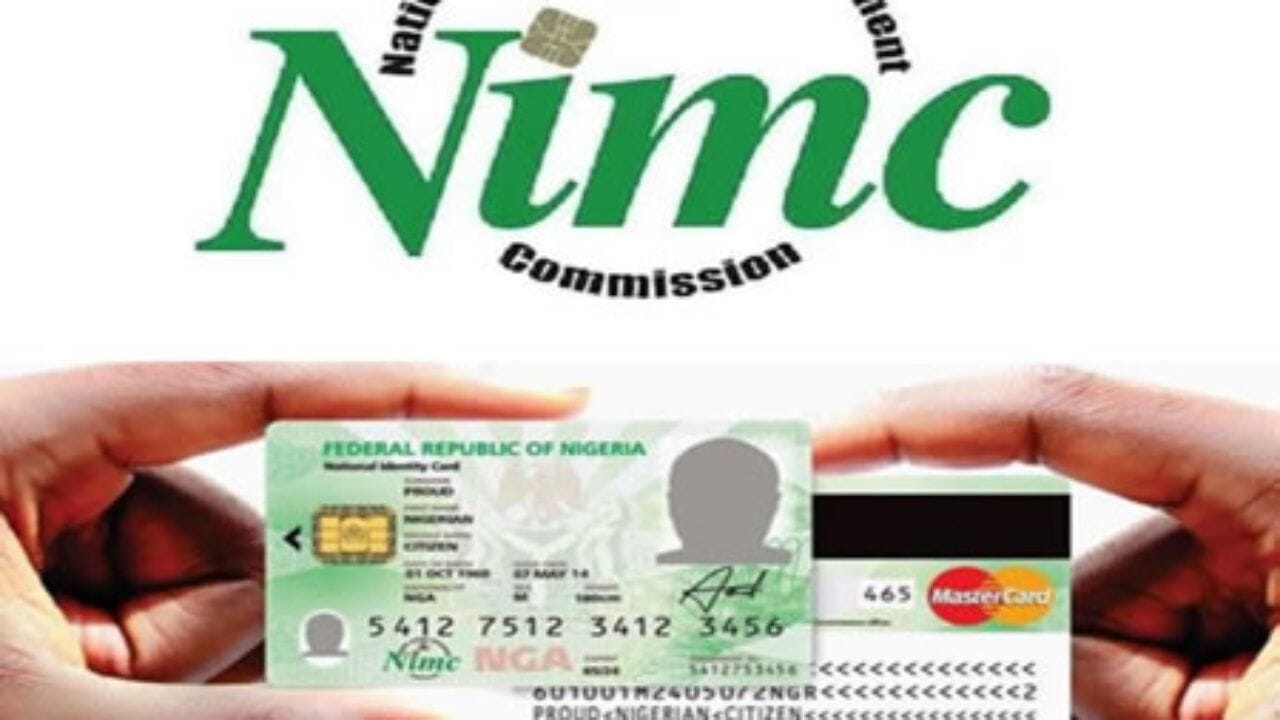
The National Identity Management Commission (NIMC) has announced that Nigerians will be required to pay for the new multipurpose national ID cards. This change comes after the Commission’s past efforts to issue free ID cards, which were unsuccessful due to a high number of uncollected cards. In this article, we will explore why this shift to a paid system is necessary and how it will affect Nigerians.
NIMC’s decision to implement a paid system was outlined by Dr. Peter Iwegbu, the Head of Card Management Services at NIMC, during a recent media workshop in Lagos. He explained that this approach aims to ensure that the ID cards are produced only for those who genuinely need them. The move follows the failure of previous attempts to issue free national ID cards, which saw more than two million cards produced but left uncollected.
Challenges with the Free National ID Card System
Dr. Iwegbu shared insights into the challenges that led to this new approach. One major issue was the large number of uncollected cards from earlier free distribution efforts. “Before we stopped due to funding, we produced more than two million cards, but a lot of them are still in our office,” he explained, emphasizing that many Nigerians did not pick up their free cards because they did not see a real need for them.
Limited Government Funding
Another contributing factor to this shift is the country’s limited government revenue. Iwegbu revealed that the government could not fund the production of ID cards on a free basis, especially given the financial constraints. “The government has no money to produce this card and give it out for free,” he noted. By making the card a paid service, the NIMC hopes to focus on genuine demand and avoid wasting resources on unclaimed cards.
The New Paid National ID Card System
Under the new system, individuals who wish to obtain the multipurpose national ID card will need to request it, make a payment, and choose a convenient location for collection. The Director of IT at NIMC, Engr. Lanre Yusuf, explained, “What we are working on now is a post-paid identity card; you just need the card before you initiate the request for the card.” This system ensures that only those who need the card and are willing to pay for it will receive one.
Ensuring Access for the Less Privileged
While the paid system may pose a challenge for some Nigerians, the NIMC has assured that provisions will be made for less-privileged individuals. These groups will have access to government support programs that will cover the cost of the card. This ensures that vulnerable Nigerians are not excluded from essential services due to financial constraints.
Decentralized Access and Convenience
To make the process more accessible, NIMC has partnered with banks across the country. This collaboration will allow Nigerians to walk into any bank nearest to them to request the ID card, making the process more convenient. “We are decentralizing requesting and collecting to banks to make it easy for Nigerians,” Dr. Iwegbu confirmed.
Multipurpose National ID Card Features
The new national ID card, set to launch soon, is designed to be a multipurpose card. It will serve various functions, including identity verification, payments, and access to government services. The card will also be compatible with eNaira transactions and will be powered by AfriGO, in partnership with the Central Bank of Nigeria (CBN) and the Nigeria Inter-bank Settlement System (NIBSS).
Final Thoughts on the New National ID Card
With the introduction of a paid system, the NIMC aims to reduce waste and ensure that only those who need the national ID cards will obtain them. The multipurpose ID cards will offer a wide range of services, making it an essential tool for Nigerian citizens in the near future.
Do you think the paid national ID card system is a good idea? Share your thoughts in the comments below!





